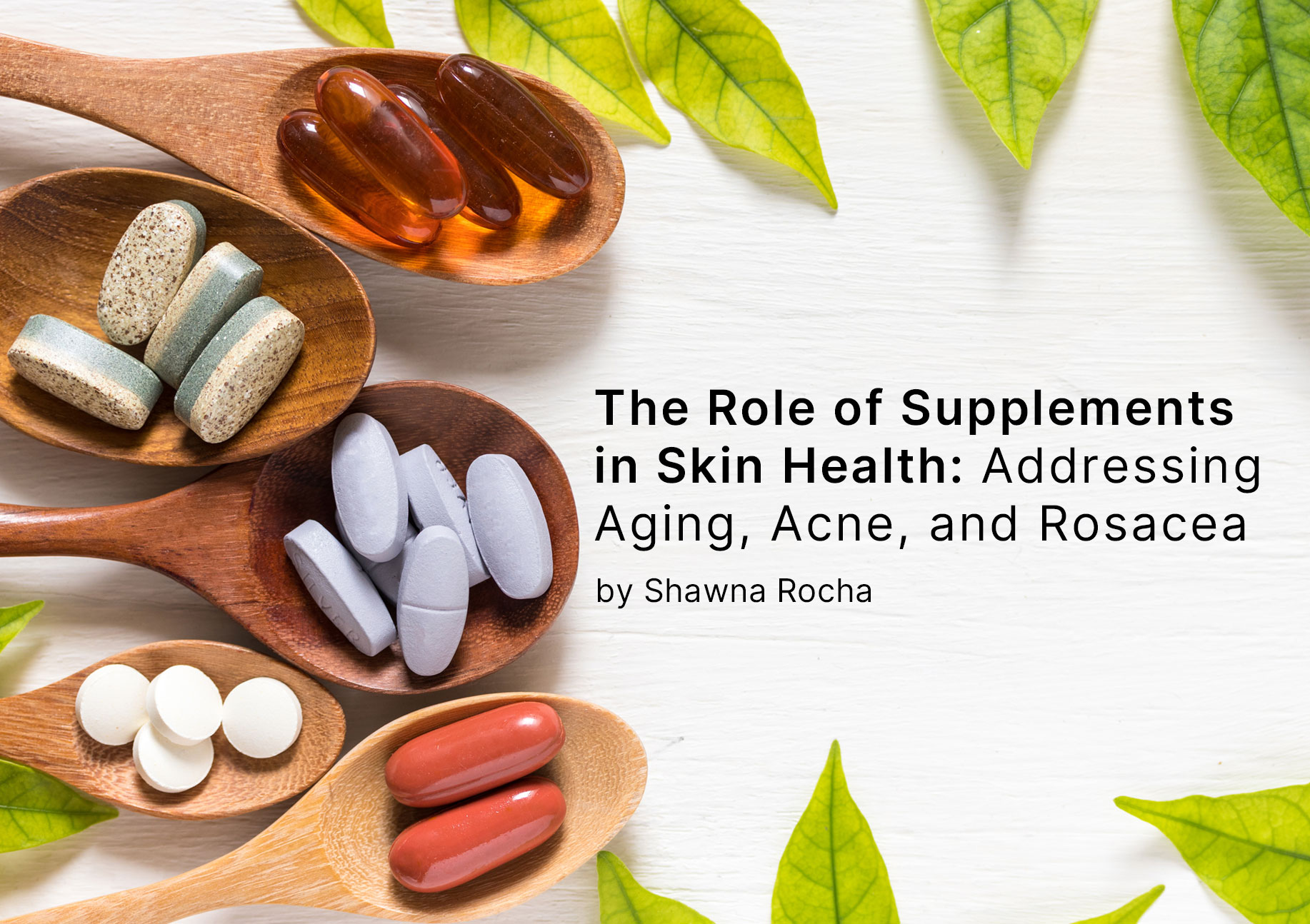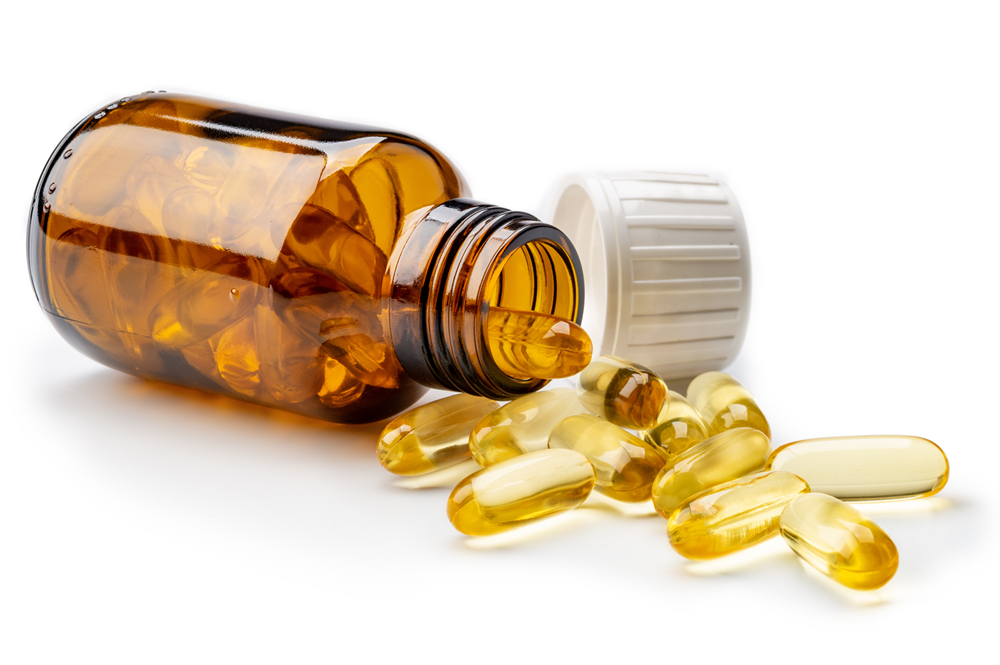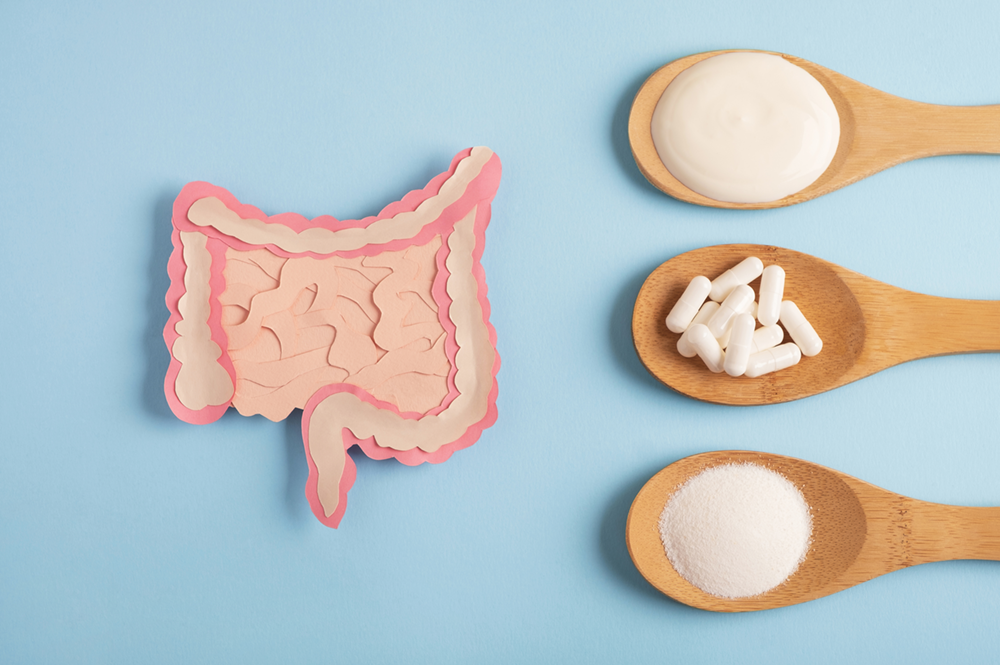
MARCH 2025 MONTHLY BLOG
By Shawna Rocha
Skin health is often a reflection of internal well-being, and while topical treatments play a crucial role in maintaining a healthy complexion, what individuals consume is just as important as the products they apply. The right supplements can help combat signs of aging, reduce acne breakouts, and soothe conditions like rosacea and other skin conditions, while the wrong ones may exacerbate these issues. Understanding how vitamins, minerals, and nutrients support cell turnover, immunity, and the skin’s microbiome is key to achieving a radiant, healthy complexion.
Collagen – As individuals age, the body’s natural collagen production declines, leading to wrinkles and sagging skin. Hydrolyzed collagen peptides can help improve skin hydration, elasticity, and reduce the appearance of fine lines.
Vitamin C – An essential antioxidant for collagen synthesis, vitamin C protects against free radical damage, boosts skin firmness, and helps fade hyperpigmentation.
Hyaluronic Acid – Naturally occurring in the skin, hyaluronic acid supplements improve moisture retention, giving the skin a plumper, more youthful appearance.
Vitamin E – A powerful antioxidant, vitamin E works synergistically with vitamin C to neutralize free radicals, reduce oxidative stress, and maintain skin hydration.
Omega-3 Fatty Acids – Found in fish oil, omega-3s reduce inflammation, strengthen the skin barrier, and help keep skin smooth and supple.
Acne is often driven by hormonal imbalances, inflammation, and gut health issues. Certain vitamins and minerals can help regulate oil production, support detoxification, and calm inflamed skin:
Zinc – One of the most well-researched supplements for acne, zinc reduces inflammation, controls sebum production, and supports wound healing.
Vitamin A (Retinol/Retinoids) – Vitamin A regulates cell turnover and sebum production, preventing clogged pores and breakouts.
Probiotics – Since gut health is closely linked to acne, probiotics help balance the gut microbiome, reduce systemic inflammation, and improve digestion.
Vitamin B5 (Pantothenic Acid) – Helps regulate oil production, making it effective for individuals with oily or acne-prone skin.
DIM (Diindolylmethane) – Derived from cruciferous vegetables, DIM helps balance estrogen levels, which can be beneficial for hormonal acne.

Rosacea is a chronic inflammatory skin condition that can be exacerbated by diet, stress, and environmental factors. Targeted supplements can help reduce flare-ups and strengthen the skin barrier:
Quercetin – A natural anti-inflammatory and antihistamine, quercetin helps calm redness and irritation associated with rosacea.
Vitamin D – Supports immune function and helps reduce inflammation in chronic skin conditions like rosacea and eczema.
Omega-3 Fatty Acids – Help combat dryness and inflammation, promoting a calmer, more balanced complexion.
Niacinamide (Vitamin B3) – Known for its barrier-strengthening and anti-inflammatory properties, niacinamide helps reduce redness and improve skin texture.
L-lysine – An amino acid that supports skin repair and helps control flare-ups associated with rosacea and other inflammatory conditions.
While many vitamins are beneficial, some can actually trigger or worsen skin issues, particularly acne:
Biotin (Vitamin B7) – While biotin is beneficial for hair and nails, excessive intake can interfere with the absorption of vitamin B5, leading to breakouts.
Iodine – Found in high amounts in seaweed and dairy, iodine can overstimulate oil glands, contributing to acne.
Vitamin B12 – While essential for overall health, excessive B12 intake has been linked to increased acne breakouts in some individuals.
The skin is the body’s largest organ and a major part of the immune system. A strong immune system helps the skin fight off infections, inflammation, and environmental stressors. Supplements that support immune function can also improve skin health:
Vitamin D – Helps regulate the immune system and prevent inflammation-related skin conditions.
Probiotics – Improve gut health, which is directly linked to skin clarity and immune response.
Elderberry – Packed with antioxidants and immune-boosting properties that help fight off infections and reduce skin inflammation.

Healthy cell turnover is crucial for maintaining clear, youthful-looking skin. Several nutrients help promote efficient skin regeneration and protection against environmental damage:
Vitamin A – Encourages cell renewal and prevents clogged pores, making it essential for acne prevention and anti-aging.
Vitamin C – Aids in collagen production and skin repair, protecting against oxidative stress.
Vitamin E – Shields the skin from UV damage and supports moisture retention.
Selenium – Works as a potent antioxidant to protect skin cells from free radicals.
Copper – Aids in collagen and elastin production, promoting skin strength and elasticity.
Coenzyme Q10 (CoQ10) – Supports cellular energy production and skin regeneration.

The gut microbiome has a direct impact on skin health. An imbalance in gut bacteria can contribute to acne, rosacea, eczema, and overall skin sensitivity. Supplements that support the microbiome can, in turn, strengthen the skin’s protective barrier and reduce inflammation:
Probiotics – Help balance gut bacteria, reducing skin conditions like acne and eczema.
Prebiotics – Feed good bacteria in the gut, promoting better digestion and nutrient absorption for healthier skin.
L-glutamine – An amino acid that supports gut lining integrity and reduces inflammation-related skin issues.
There is ongoing debate and many questions surrounding the use of supplements for skin health. While research continues to evolve, it is important to make informed decisions based on credible studies and expert recommendations. Skincare professionals should always operate within their scope of practice when discussing supplementation with clients. Encouraging individuals to do their own research while providing a simple nudge in the right direction ensures they are making choices that align with their specific needs and health concerns.
Taking a holistic approach to skincare means nourishing the skin from the inside out. Supplements play a vital role in skin health, from slowing down aging and clearing acne to calming rosacea and strengthening the skin barrier. However, it is important to choose the right balance of vitamins and minerals—some nutrients help, while others may worsen skin conditions if not taken appropriately.
Supporting immune health, maintaining a strong microbiome, and providing essential nutrients for cell turnover can all contribute to glowing, resilient skin. As with any supplement regimen, consulting a healthcare provider or dermatologist is key to ensuring the best options for individual skin needs.
